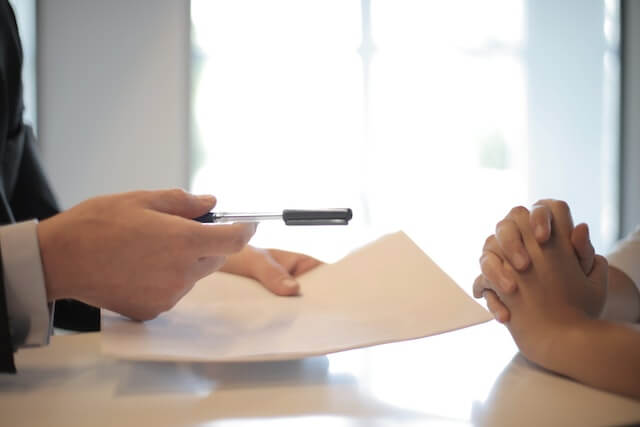Spanish law has been recently updated to allow couples to get married before a Notary. By instruction of the Directorate-General for Legal Security and Public Faith, Notaries now have the same authority to conduct marriages as other authorities in Spain. This will help avoid the rigid hours and backlog of government offices and speed up the process.
Before getting married in Spain, it is necessary to obtain a certificate granting permission to marry (Certificado de Capacidad Matrimonial) or certificate of civil status. Notaries can now receive the appropriate documents and submit them to the Civil Register (Registro Civil). Once permission is granted, the same or another Notary may conduct or “celebrate” the marriage.
While this process provides an additional option for those wanting to get married, the process still involves a great deal of documentation and bureaucracy. According to the Directorate-General’s instruction, applicants need to provide a number of documents including, but not limited to:
- Application Form (Solicitud de Matrimonio Civil)
- A current valid passport
- Original birth certificates (legalized and translated, if is the case)
- Certificate of No Impediment (Certificado de no Impedimiento)
- Certificate of Permission to Marry (Certificado de Capacidad Matrimonial)
- Certificates of previous marriages and divorces/annulment/death (if applicable).
- Proof of Spanish residency.
- Certificate proving current habitual place of residence in Spain (Certificado de Empadronamiento) of at least 2 years (if not a Spanish citizen).
- Information about any children in common prior to marriage.
- Other documentation required by the region.
Documents must either be original or authenticated. Documents not in Spanish must be accompanied by an official translation (Traduccion Jurada). Foreign documents must also be authenticated in both Spain and the country of origin.
Furthermore, if one of the parties is not proficient in Spanish, an authorized or sworn translator must be present. Two witnesses familiar with the parties must also be present at the ceremony. The notary will also conduct separate interviews with each person.
The Notary performing the marriage will also register the marriage with the Civil Registry (Registro Civil), a requirement for all marriages in Spain.




